Last week the Nobel Prize Committee began announcing its 2021 recipients. The highly esteemed Nobel Prize is named after Alfred Nobel, a 19th-century Swedish chemist, and inventor who developed the invention of dynamite. According to legend, Nobel read a premature publication of his own obituary, which described his life as a weapons developer. Discouraged by that perception, Nobel left his fortune to an endowment committed to furthering world peace – the Nobel Prize. Almost every year since 1901, the Nobel Prize has been awarded to inventors and thinkers whose work advanced the cause of peace.
Sort of…
Sometimes the Nobel Prize Committees get it wrong or at least leave us scratching our head in confusion when we look back on the winners of the Nobel Prize through history.
A review of the prize winners since its inception is a walk-through history. We can see the trends and emphases among the leading thinkers of the world shift and evolve by the decade. The early part of the 20th century demonstrated a high priority on chemistry; the interwar period focused on keeping the peace between Germany and France and, of all things, vitamins. In the final years of World War II, the recipients represented a strong focus on world peace, demonstrating the heightened fear of the trauma the world had recently experienced.
Below is a list of Nobel Prize winners through history who reflected the norms of the times in which they won their prize and often the contradictions between the goals of peace and the winners of the famous peace prize.
Abiy Ahmed 2019
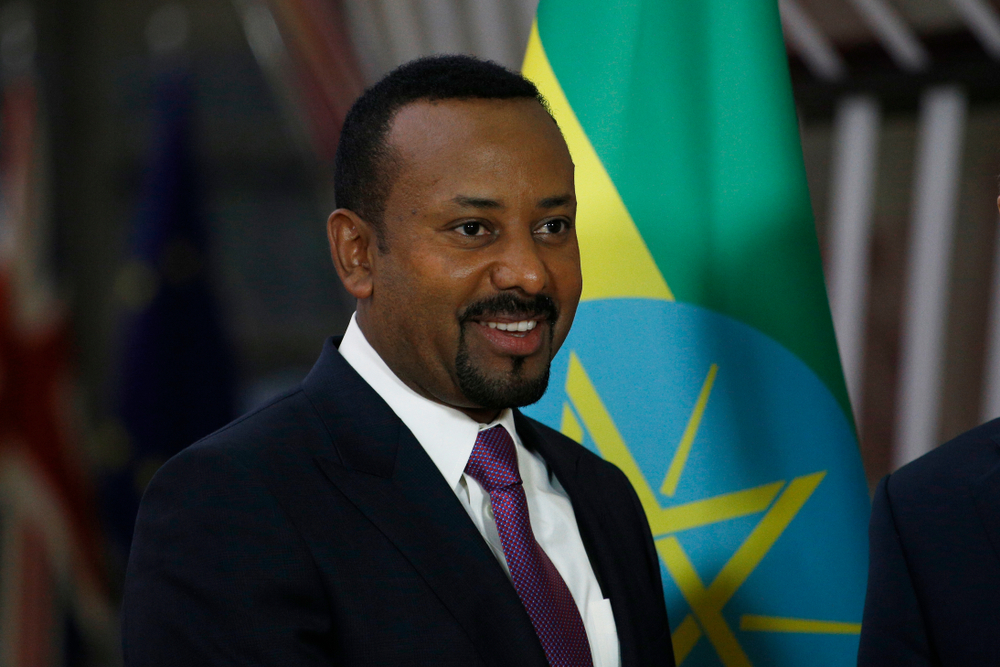
Abiy Ahmed was viewed as a new style of African leader when given the Nobel Prize two years ago. One year later, he led Ethiopia into civil war when his army attacked the Tigrayans. This week that violence escalated even more, and there are reports of acts of genocide and ethnic cleansing spreading out of the East African nation. Many fear the fighting in Tigray could soon boil over into a regional war in the Horn of Africa. Abiy has blocked humanitarian aid to Tigray and deliberately stirred up ethnic hatreds in the current fighting.
Henry Kissinger 1973
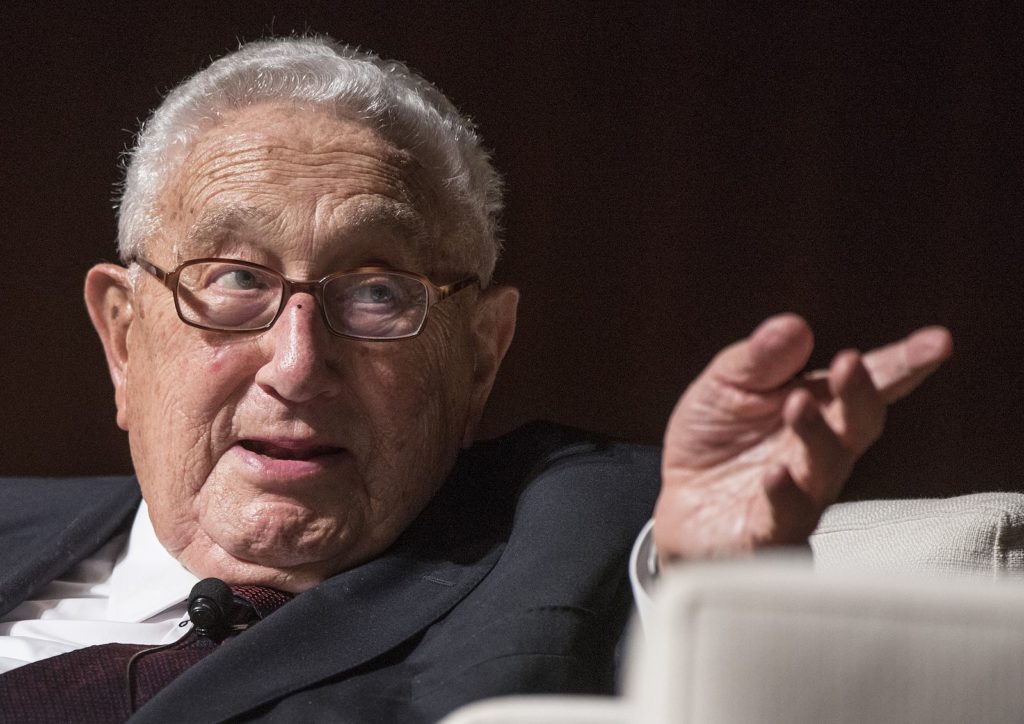
Kissinger received the Nobel Prize for his part in negotiating an end to the war in Vietnam. Henry Kissinger was a famous “realist” in the field of international relations. To that end, he pushed American foreign policy to support dictators from Pakistan to Chile, bombed Cambodia, and operated as a key figure behind all sorts of the darkest acts of US foreign policy during the Cold War.
Rudyard Kipling 1907
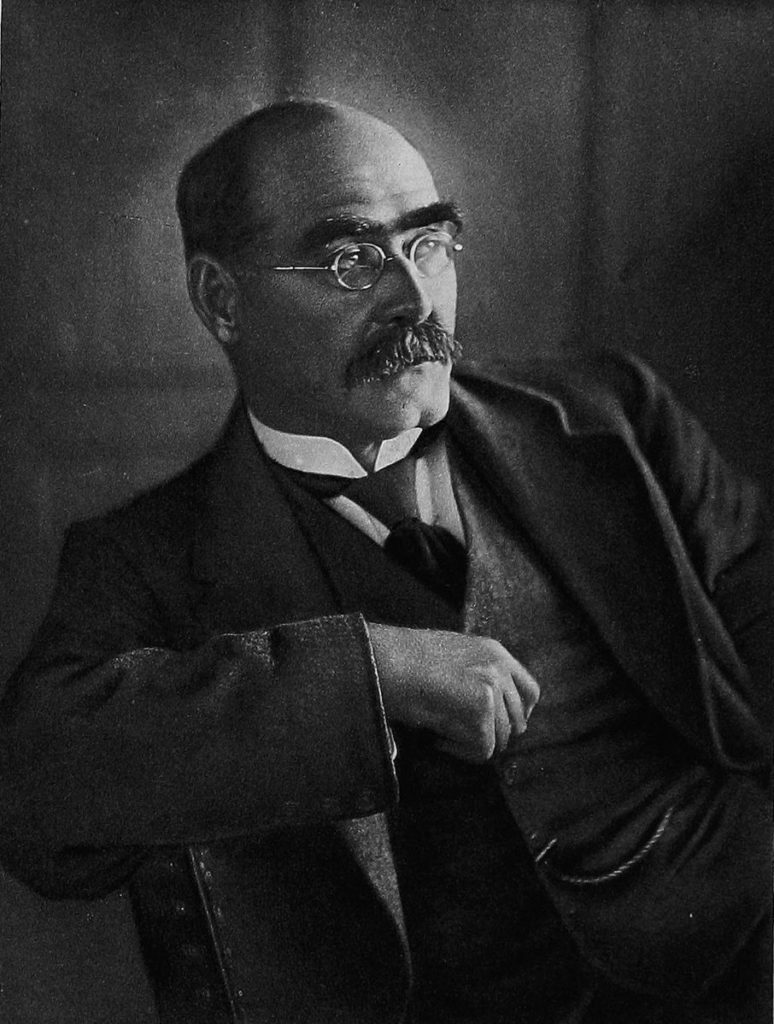
Thanks to his works like The Jungle Book and the poem If, Kipling is probably among the best-known recipients of the Nobel Peace Prize from the early part of the 20th century. The citation on Kipling’s Nobel Peace prize said, “in consideration of the power of observation, originality of imagination, virility of ideas and remarkable talent for narration which characterize the creations of this world-famous author.”
Kipling was also a devoted and unapologetic imperialist who believed, like many of his day, it was the duty of the white races to bring civilization to the savage races of the earth. Most know imperialism was an oppressive and racist ideology that Europeans and Americans utilized to oppress races from Asia to Africa and the Americas.
One of Kipling’s famous poems, The White Man’s Burden, includes the following stanza:
Take up the White Man’s burden—
Send forth the best ye breed—
Go, bind your sons to exile
To serve your captives’ need;
To wait, in heavy harness,
On fluttered folk and wild—
Your new-caught sullen peoples,
Half devil and half child.
—The White Man’s Burden
Barack Obama 2009
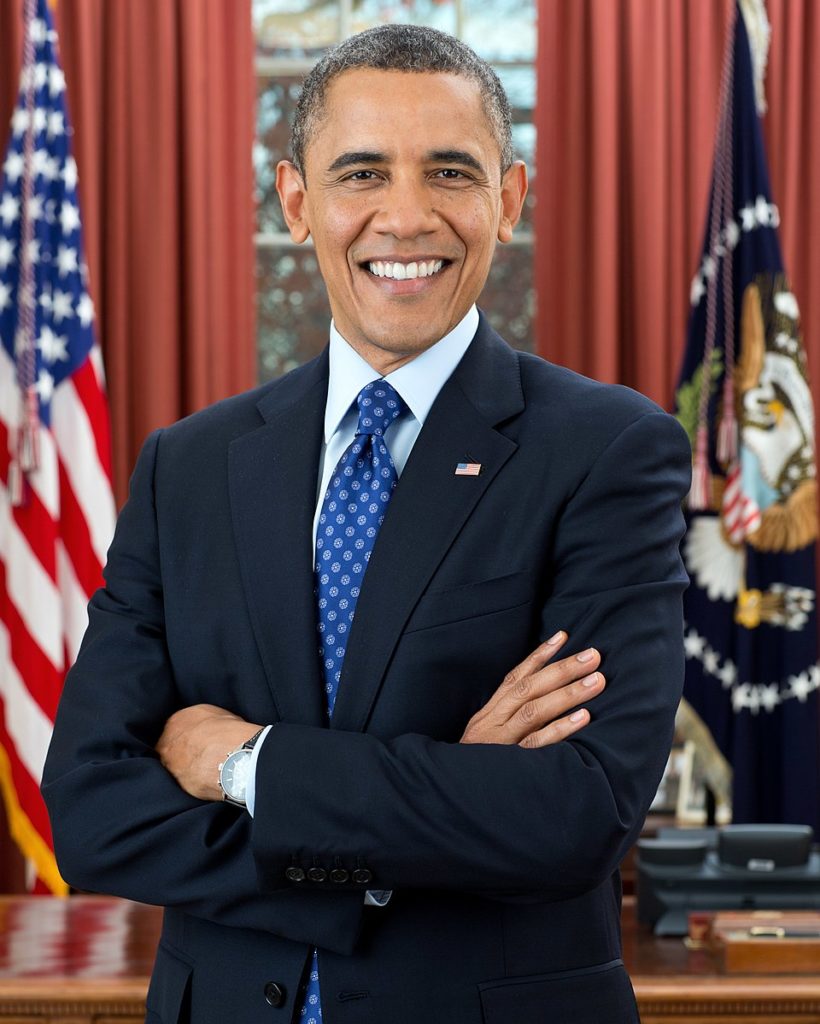
Barack Obama was inaugurated President of the United States in January 2009 and within eight months was awarded the Nobel Peace Prize – apparently for not being George W. Bush. Less than a decade later, the former leader of the Nobel Prize Committee itself expressed regret for the decision.
Fritz Haber 1918
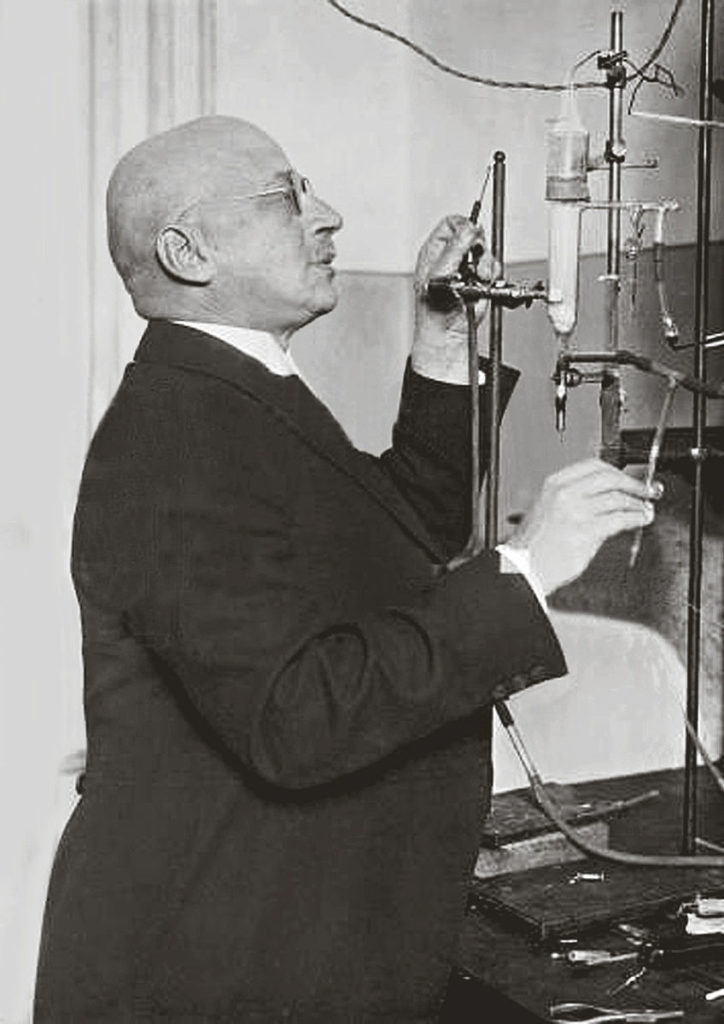
The Haber-Bosch process for synthesizing ammonia revolutionized agriculture and changed the dynamics for feeding a growing global population.
During World War I, Haber headed the German government’s Chemistry Section of the Ministry of War. From that position, he played a leading role in developing chemical weapons and was a special advisor for gas warfare in Germany. His wife, a devoted pacifist, is reported to have killed herself due to Haber’s direct involvement in chemical warfare.
Menachem Begin 1978
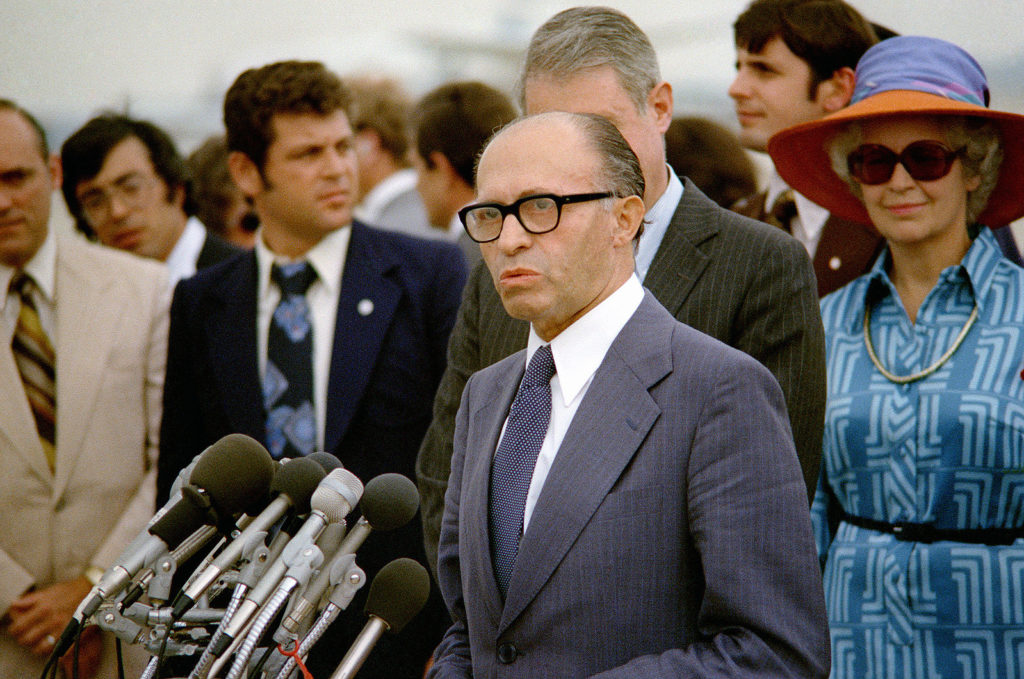
Begin received the award along with Anwar Sadat for the peace agreements between Israel and Egypt. Critics contend that Egypt became the second-highest recipient of US foreign aid (Israel was first on that list) following the peace treaty between Egypt and Israel. In other words, the US purchased the peace treaty with Egypt on behalf of Begin and the Israeli government. Begin’s earlier years included extensive acts of terrorism against British forces, including civilians, in Palestine before the establishment of the state of Israel. In 1951, Begin wrote a book, The Revolt, that served as a manual for terrorists in the Middle East for decades to come, including his enemies among the Palestinians. As Prime Minister of Israel in the 1970s, Begin’s oppressive policies against the Palestinians led to the Intifada of the 1980s.
- Learn more about the Israeli-Palestinian Conflict and its history (including Menachem Begin) here through our podcast series.
Charles Dawes 1925
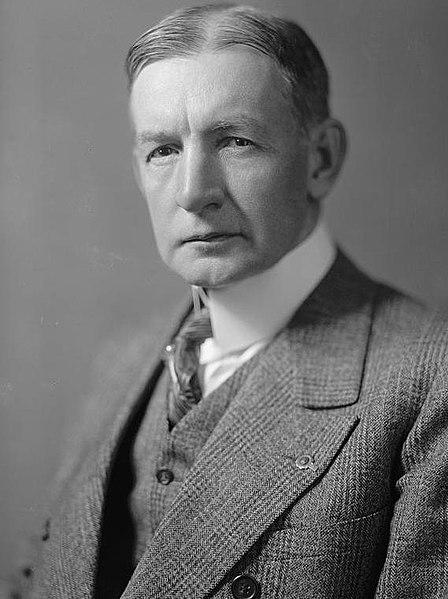
Dawes was awarded the prize specifically for his work on the Dawes Plan. The Dawes Plan was a plan for German repatriation payments after World War I that ultimately proved unworkable. This was one of many post-World War agreements that helped plunge Germany into chaos and set the stage for World War II. Far from world peace, the Dawes Plan helped push Germany over the edge and triggered series of events that ended in the rise of Adolf Hitler and World War II
Andre’ Paul Guillaume Gide 1947
Guillaume received the Nobel Prize for Literature “for his comprehensive and artistically significant writings, in which human problems and conditions have been presented with a fearless love of truth and keen psychological insight.” A short time later, before he died in 1951, Guillaume discussed his sexual attraction to young boys, which he discovered while writing in Africa.
Yasser Arafat 1994
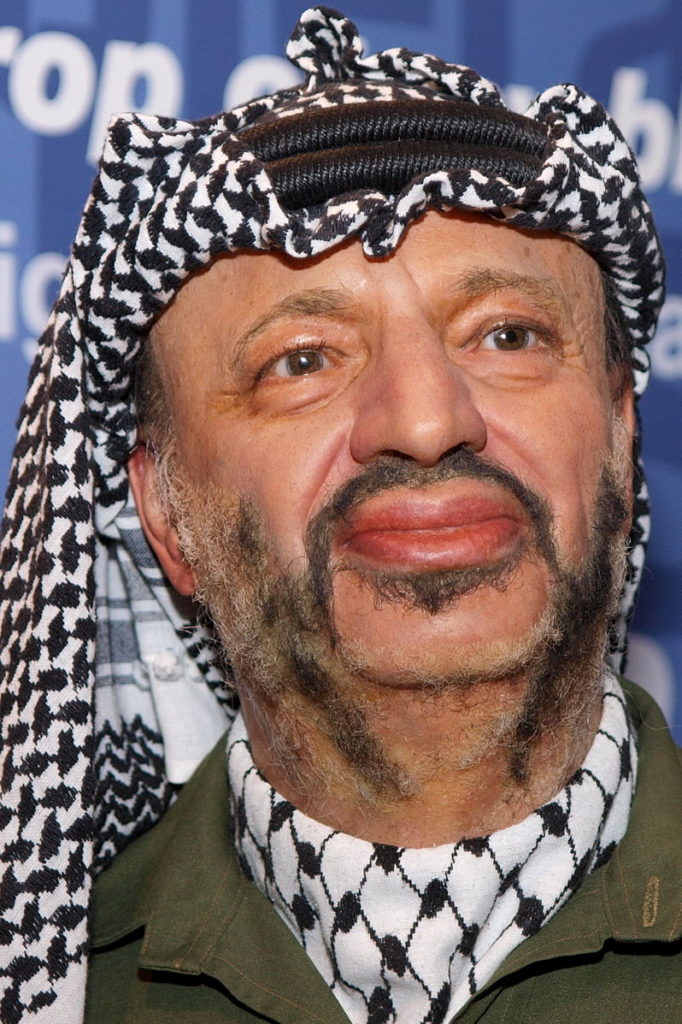
Palestinian leader Yasser Arafat received the award along with Israeli leaders Shimon Peres and Yitzhak Rabin for the Middle East peace agreements. Arafat made his fame as a freedom fighter for the Palestinians. The leaders of the Israeli government contend he was a terrorist, and indeed many of the organizations he oversaw or was associated with committed extensive terrorist acts.
In the mid-1990s, Arafat was caught in a political stalemate with the Israeli government. The peace agreement he made with Israel legitimized Arafat in the west but neutralized his influence in Palestine. The end of Arafat’s political effectiveness among the Palestinians led to the rise of Hamas in Palestinian politics.
Paul Hermann Muller 1948
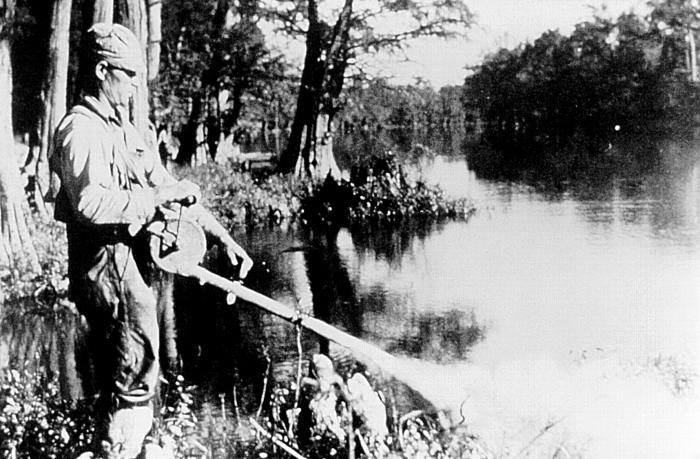
Muller received the prize for his discovery of DDT to protect plants and agriculture against insects. It was later learned that DDT caused cancer and led many species of animals to the brink of extinction. DDT was outlawed internationally in 2004.
Aung San Suu Kyi 1991
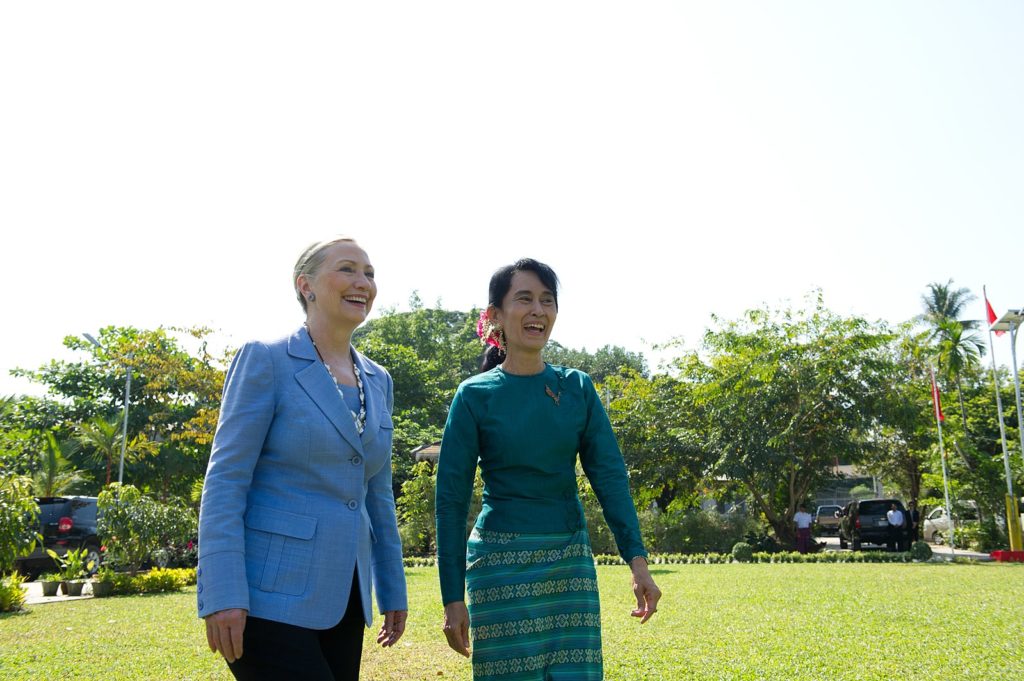
In 2011 Aung San Suu Kyi became Prime Minister of Myanmar. In 2016-17 when the Myanmar government began carrying out a genocide against the Rohingya, many expected the Nobel Prize winner to stop the violence. She didn’t!
European Union 2012
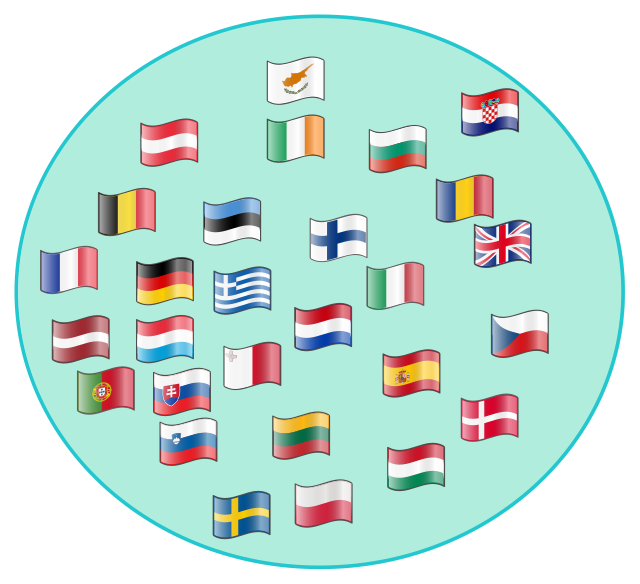
The EU was awarded the prize for advancing peace, human rights, and democracy for six decades in Europe – and probably also for not collapsing during the Euro Crisis of 2010. Four years later, the Brexit vote upended the unity of the EU.


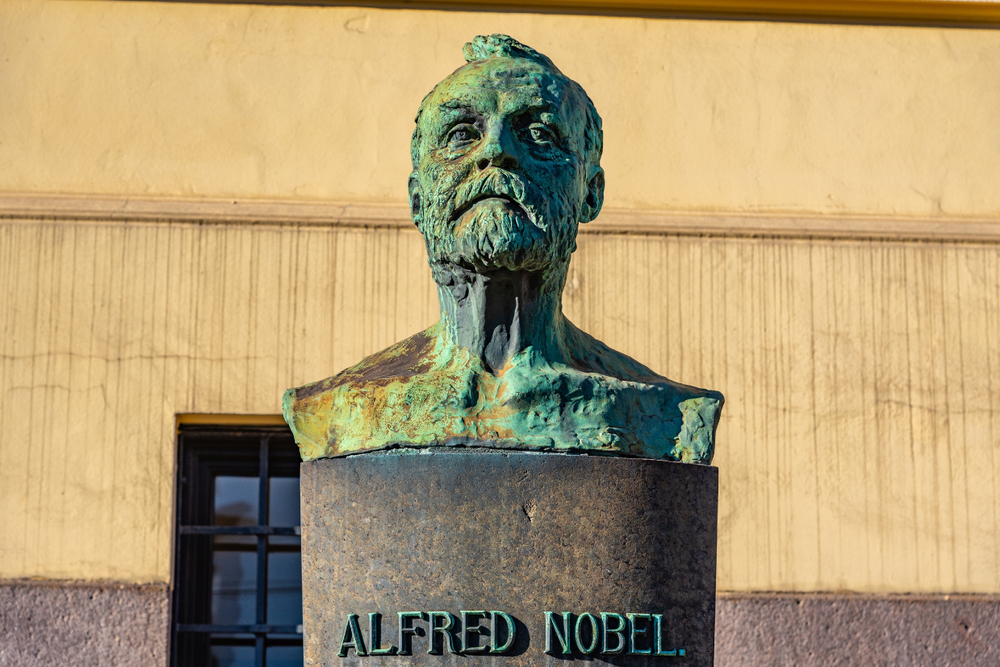
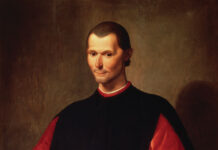


[…] You might also enjoy – The Dark History of the Nobel Prize (They Prefer You Forget) […]
[…] You might also enjoy – The Dark History of the Nobel Prize (They Prefer You Forget) […]
Comments are closed.